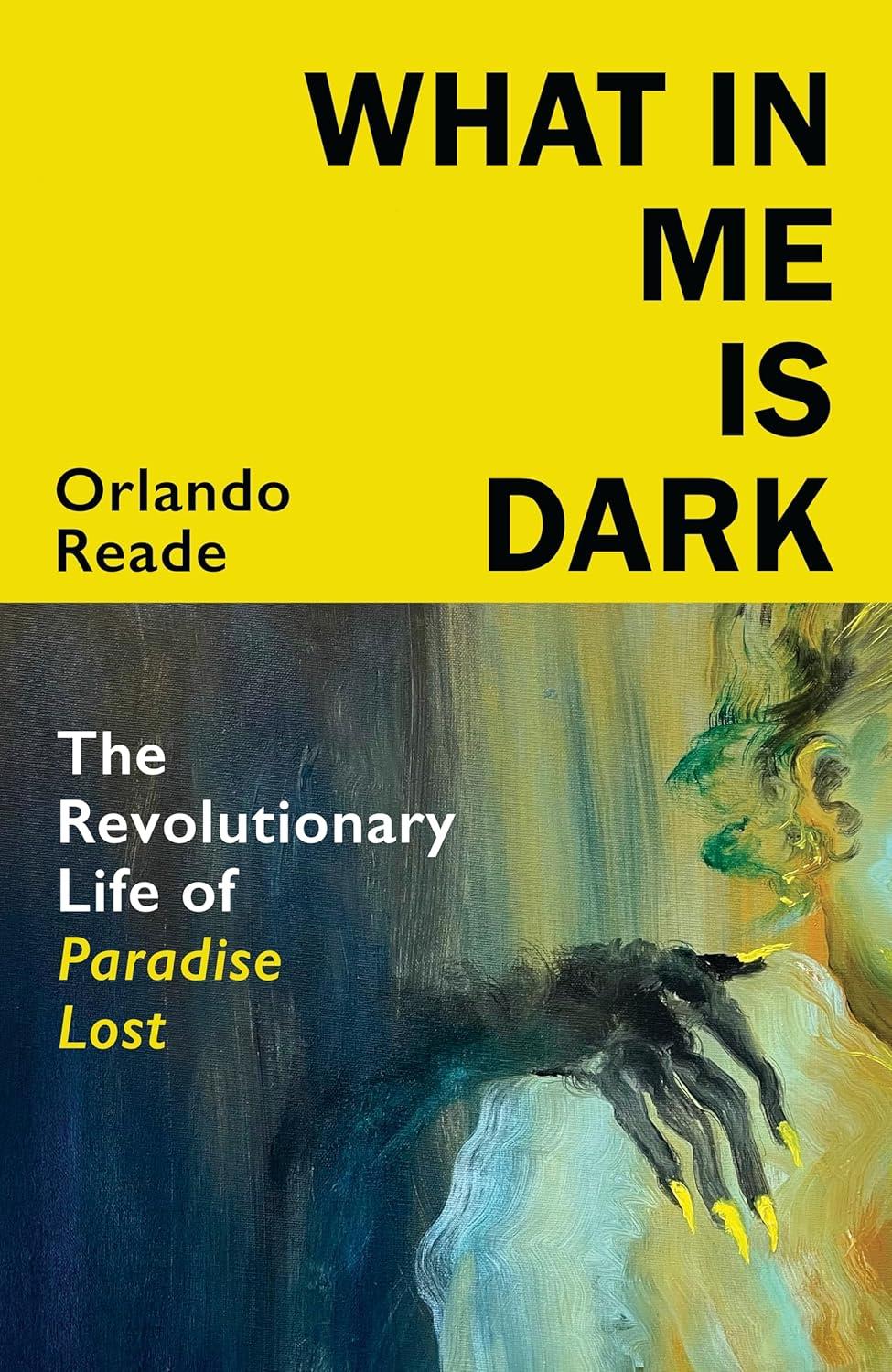At the core of Paradise Lost, there is an area of uncertainty. Milton was a revolutionary who served in the Commonwealth government and defended the people’s right to rise up and remove a tyrant. When, in his poem, he speaks in the voice of Satan, leader of the rebel angels, he argues as he himself might have done. But Milton was also a devout Christian. Monarchs such as the first two Stuart kings of England, who believed that they were God’s representatives on Earth, might delude themselves, but the authority of God himself was not to be challenged. The tension between Milton’s politics and his piety gives his epic its fascinating contrariness. In it, a deity Reade accurately describes as “legalistic and unlikable” contends with a villain who is allowed superhuman charisma, and who is given speeches of such grandeur and plausibility one cannot but be moved. That ambiguity is like the broken soil in which vegetation flourishes. Generations of Milton readers have found it fertile ground for mutually contradictory creeds.
Reade traces Milton’s influence on subsequent canonical authors, but this book is not primarily about literary history. The biggest story that Reade is telling is that of slavery. He notes that Milton introduces the theme early, when Beelzebub asks why God hasn’t killed all the rebel angels, and concludes it is so that they can “do him mightier service as his thralls”. The angels-turned-devils are slaves, doing God’s “errands in the gloomy deep”. Reade traces that theme of enslavement through a succession of authors and political activists.
The line begins with Olaudah Equiano. Equiano was abducted from his home in West Africa and sold into slavery. After years of hard labour, he bought his freedom, and in 1789 he published his autobiography. Writing about the notoriously cruel slave-plantations of Montserrat, Equiano quotes Milton on Hell. The island is the place where “Hope never comes/That comes to all, but torture without end.” Equiano doesn’t name his source: perhaps he didn’t want to people to think he was comparing enslaved people like himself with devils.
To Baron Vastey, a Haitian man of mixed race writing in 1814, it is not enslaved blacks but white colonists who are like Milton’s devils. Driven out of Haiti in the 1790s by the Haitian revolutionaries under Toussaint Louverture, they were “vanquished thunderstruck and precipitated into the abyss” like Satan and his followers. As they fight back, struggling to regain “the empire of which a just and retributive God has for ever deprived them”, Vastey describes them as resembling “the infernal spirits in their horrible assemblies… such as the immortal Milton has described them”.
